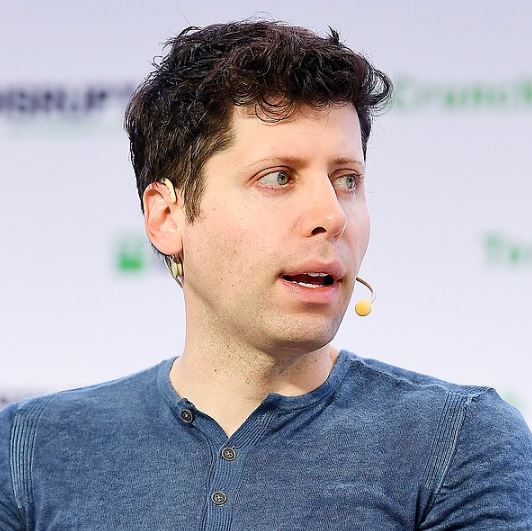OpenAI CEO Sam Altman makes a surprising shift towards open-source AI, challenging the company's original mission and potentially appeasing co-founder Elon Musk.
 |
| Sam Altman takes the stage at TechCrunch Disrupt 2019. |
California, July 26, 2024:
The AI landscape is undergoing a seismic shift, and at its epicenter is a surprising about-face by OpenAI CEO Sam Altman. Once a staunch advocate for closed-source AI, Altman is now championing open-source models as a critical component of US AI dominance. This dramatic shift is a direct challenge to the company’s origins and a potential olive branch to its outspoken co-founder, Elon Musk.
Musk has been a relentless critic of OpenAI’s trajectory, accusing the company of deviating from its non-profit roots and prioritizing profit over openness. His public attacks, coupled with a lawsuit alleging breach of mission, have kept the company under intense scrutiny. Ironically, Altman’s new stance on open-source AI appears to align with Musk’s long-held beliefs about the importance of transparency and collaboration in AI development.
However, the complexities of the issue are far from resolved. While Musk has been a vocal proponent of open-source AI, he has also expressed reservations about the extent to which models should be publicly accessible. This suggests a nuanced perspective that acknowledges the potential risks of unrestricted AI development.
Altman’s decision to embrace open-source AI may also be a strategic response to the growing momentum behind this approach. Meta’s recent release of the open-source Llama 3.1 model, which it claims outperforms OpenAI’s GPT-4, has underscored the potential of this strategy. By positioning itself as a leader in open-source AI, OpenAI can potentially broaden its user base, accelerate innovation, and strengthen its competitive position.
The broader implications of this shift are far-reaching. If the trend towards open-source AI continues, it could democratize access to advanced AI technologies, fostering innovation and competition on a global scale. However, it also raises concerns about potential misuse of these models for malicious purposes. Balancing the benefits of open collaboration with the need for responsible AI development will be a critical challenge for the industry as a whole.
As the AI race intensifies, the battle between open and closed models is far from over. The decisions made by industry leaders like Altman and Musk will have a profound impact on the future of AI and its role in society.